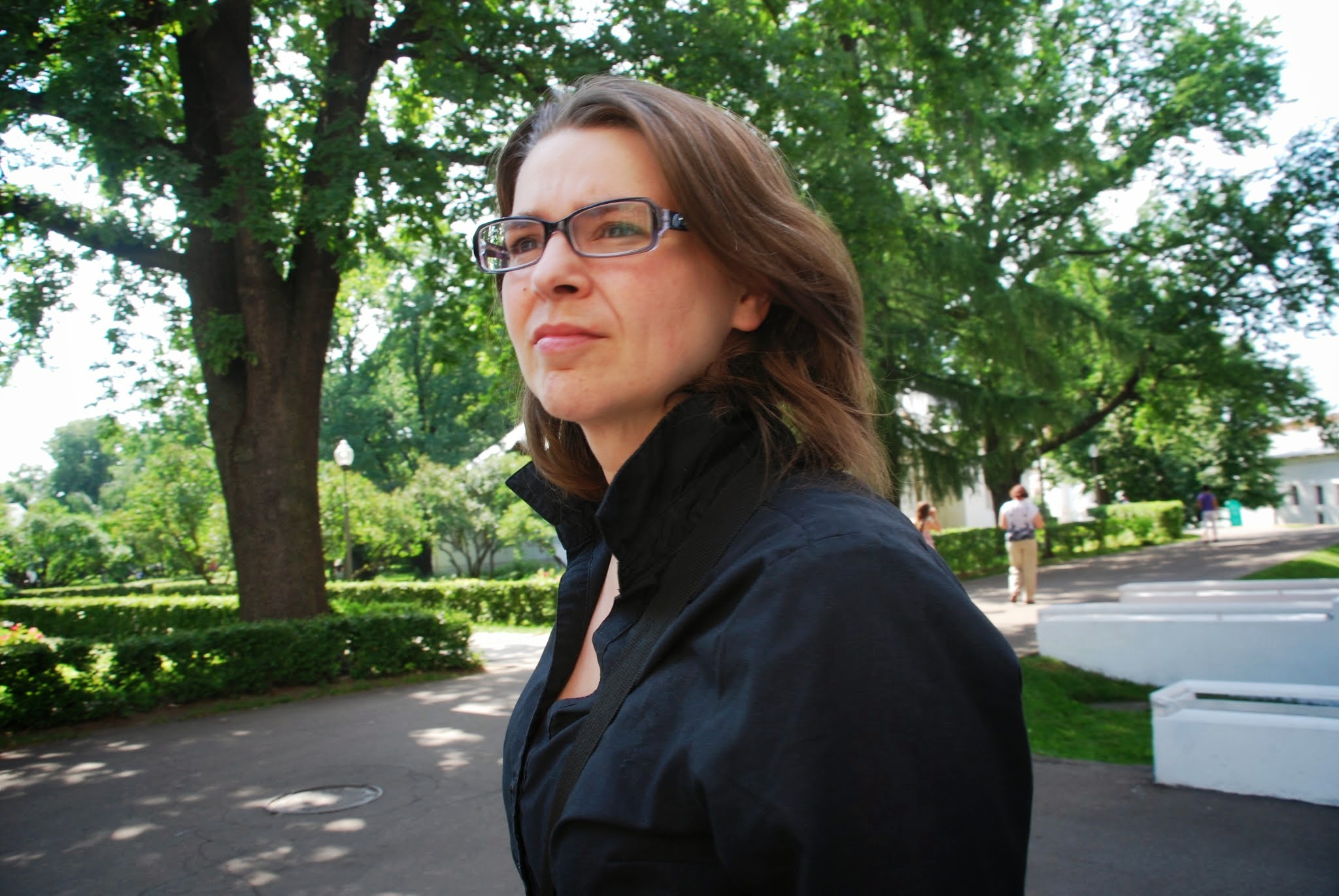Doctoral Student Pursues Cross-Cultural Research in Russian and Italian Primary Education
In May, Lucia Bombieri, a PhD student and intern researcher at the HSE International Laboratory for Socio-Cultural Research, delivered a report entitled ‘Instructions and Empathy: Teachers’ Role in Changing Intercultural Relations in School Settings’. Her report presented the preliminary results of a quasi-experiment undertaken in Italy and Russia with the aim of investigating teachers’ role in changing children’s responses towards migrant peers in a socio-cultural and cross-cultural perspective. Participants included teachers and students in the final year of primary school from different cities and regions in northern Italy and the Moscow region.

When asked about the motivation behind her study, Lucia says that the problem of migrant integration is one that can no longer be ignored. ‘It is widespread, and it is only being tackled in its problematic aspect’, she says. ‘I want to offer a more proactive stand, where an emergency becomes an opportunity and not just an obstacle’.
Lucia’s research began with a field study she conducted in Italy several years ago, which she then expanded to Russia. Ultimately, she is looking to make a partial comparison between the two countries. Even though the study is still ongoing, its preliminary results have served to remind her that children are the same everywhere in their curiosity, interests, behaviour, needs, and challenges.
‘The laboratory where I work is dedicated to cross-cultural studies’, she says, ‘and I apply this particular perspective on developmental issues, merging culture and education. I confirmed that studying children is crucial for understanding and addressing any issue. On the other hand, schools are so deeply culturally characterized that it is essential to first understand the system, to listen carefully and with an open mind. A common factor is recognizing how structures and resources play a fundamental role in how the whole education process unfolds’.
Lucia has lived in Moscow since 2016 when she began her doctoral studies at HSE, but she also spent much of 2011-2014 living in the city. In addition to pursuing a doctorate and enhancing her skills and education, she wanted to return for the personal relationships that she had developed earlier and an unwavering feeling that she still has a lot to learn. She also loves the city itself.
‘I love the buzz and the mix of languages, experiences, and stories. It is so enriching’, she says. ‘I had no expectations whatsoever before coming here, and while that made the first months really mentally and physically tiring, in the long run it paid off and I was able to open up to every experience with a relatively unbiased attitude’.
She adds that becoming immersed in culture – music, art, ballet and literature – will help newcomers adapt. ‘This is the best guide you can have to explore Russia and Russians, both geographically and psychologically. And it is a never-ending, quite addicting process!’
Anna Chernyakhovskaya, specially for HSE News service
Lucia Bombieri

